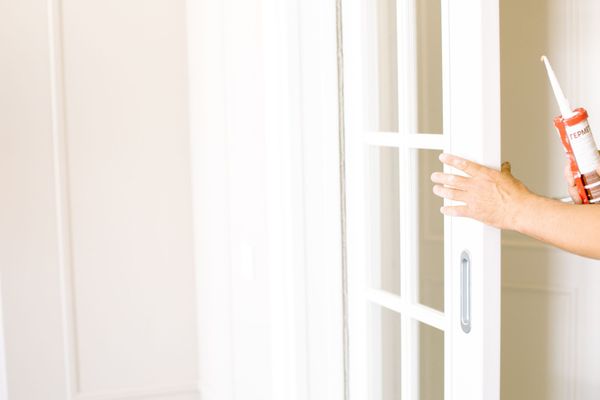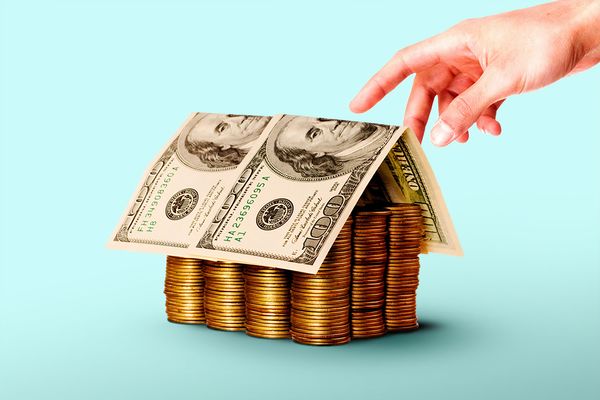Almost every real estate expert agrees that rental properties are a good investment. Many people take it as a retirement investment or a side business because it's a wonderful way of generating passive income. However, it's important that you understand that rental properties may not work for everyone.
There comes a time when maintenance costs, taxes, lease rates, and other expenses become too much to bear. When things take this turn, then the next thing you'd be asking is should I sell my rental property? Well, this answer can be a yes or a no, depending on different situations.
Here are some of the things that might prompt you to sell a rental property.
The Rental Market Is No Longer Profitable
A drop in rental prices will force a property owner to sell. Some areas may start facing lower demand for rentals because of oversupply. Maybe new construction is popping up, but the population of renters is not growing. Therefore, there will be more competition for supply. As a result of this phenomenon, many property owners find it hard to rent their rental units at the original rates.
The problem with a high supply of rental units is that landlords might have to lower their rental rates. Sometimes landlords might have to lose their rentals even though they paid large amounts of money for them only months before. The rental prices may drop so low that you'd find it hard covering maintenance costs, mortgages, and taxes. This is particularly true if you have a high interest rate on your rental property - depending on rates, you may not be able to refinance to obtain a lower rate and payment.
Before you even consider lowering rental rates even further, take your time to study the real estate rental market trends. If things seem to be getting worse in the sense that your rental income continues to drop while the cost of other things goes up; it's best not to wait till it's too late.
The Property Is Not Appreciating
Some people always think that the value of their property will appreciate with time. While this might be true, it's presumptuous to say this for all types and styles of rental properties. If the property is going down in value and you're not extorting your tenants at all, then you're making a loss on the rental income. It's a clear sign that you need to sell rental property before the value drops even further. Otherwise you may be forced to sell it later at a meager price.
It may also be a good idea to sell when the property is gaining value. The idea here is to collect equity when it's on its way up and then sell for an excellent profit when the value reaches its peak. At this point, you won't even struggle to cover all the costs of selling your property.
Sell When You're Getting Low Cap Rate
Cap rate equals Net Operating Income / Property Value. It's a way to measure the return on investment of a real estate property. Many investors use this method to determine how substantial their investment is in the rental market. If you have a high cap rate (for example, 10%), that means you're making good money on your property.
If you're getting a very low cap rate (for example, 2%), that means you're only making a 2% return on your investment, and that's not good in the long term. Two things usually cause the low cap rate. The area's market value has decreased, or it's an old property and thus not worth much.
In this case, to increase return on investment, you should sell your rental property and buy another one with a better cap rate. You should always pay attention to your property value. If the cap rate is too low for the area, try and wait until the surrounding properties' market value goes up or look for another property with a higher return on investment.
Tightening Regulations in Your Area
If the regulations are too tight on the property, you should try to loosen them up. If it's too hard for you to loosen these regulations, you can consider selling the property. Many pro-tenant regulations are coming up, many fueled by the pandemic.
For example, there are regulations barring landlords from evicting tenants until the situation gets better. While this might be good news for tenants, it's bad news for property owners. If these regulations are eating up profit from your rental investments, the sale of a rental property might be a better decision.
Property Taxes are Too High
If the tax on rental income is high, consider lowering them or part with the property. It might be a better idea to find another location, one that can take advantage of tax breaks and lower taxes altogether. If you've tried doing this and you can't lower your property taxes, then perhaps it's best if you sell up and move to a different market with lower taxes on properties.
Also, remember that you'll still need to pay taxes for capital gains on a rental property when selling it. This tax is usually a requirement after owning the property for more than a year.
The Property Needs a Lot of Repairs
If the cost of repairs is way above your financial capability, it's time to sell. Even if you do get the property repaired, it costs too much to maintain. Unless there's a compelling reason like cash flow, don't hold on to an investment that needs constant repairs.
Consider both expected and unexpected maintenance expenses to determine whether to sell your rental property or hold it further. Don't wait for those appliances like the furnace to get in a terrible shape before you can sell.
Sell Your Property When Selling Is a Good Financial Move
It is prudent to sell your property when the time is right. Not just for you but also for tenants. If your house has been vacant on and off ever since you bought it, if your tenant-turnover rate is high, or if you are not getting a desirable financial return on your investment even after all these years of holding onto it, then you should consider selling.
If you plan to use the money for a much worthwhile investment, selling your property will be an excellent financial move. Some of the best investments that might prompt you to sell your rental property are real estate investment trust, stock market, bonds, or investing in a different property with a higher cap.
So, When Should I Sell My Rental Property?
The above situations should help you decide to either sell or not sell your rental property. Note that the decision is not always in your hands. Sometimes real life estate market trends such as a drop in property value, high taxes, high repair costs, and rental prices drop will force you to let go of your investment. If you're making losses instead of gains, then this is no longer an investment.
You should also understand that every property is different, and the best way to handle things is to understand your goals. In some cases, investors purchase properties with plans of having one or two tenants before deciding on selling and moving to another property. Other investors look to exit the entire investment after a set number of years. Some choose to hold on for long-term goals -- such as retirement or buying another property instead of selling it off. So what are your investment goals?
If you decide to sell, SimpleShowing will help you do it faster and move on to your other commitments. Get in touch with us today! We'll let's help you sell more quickly and at at a reduced price with our 1% listing fee. Take our free home valuation to get started.






